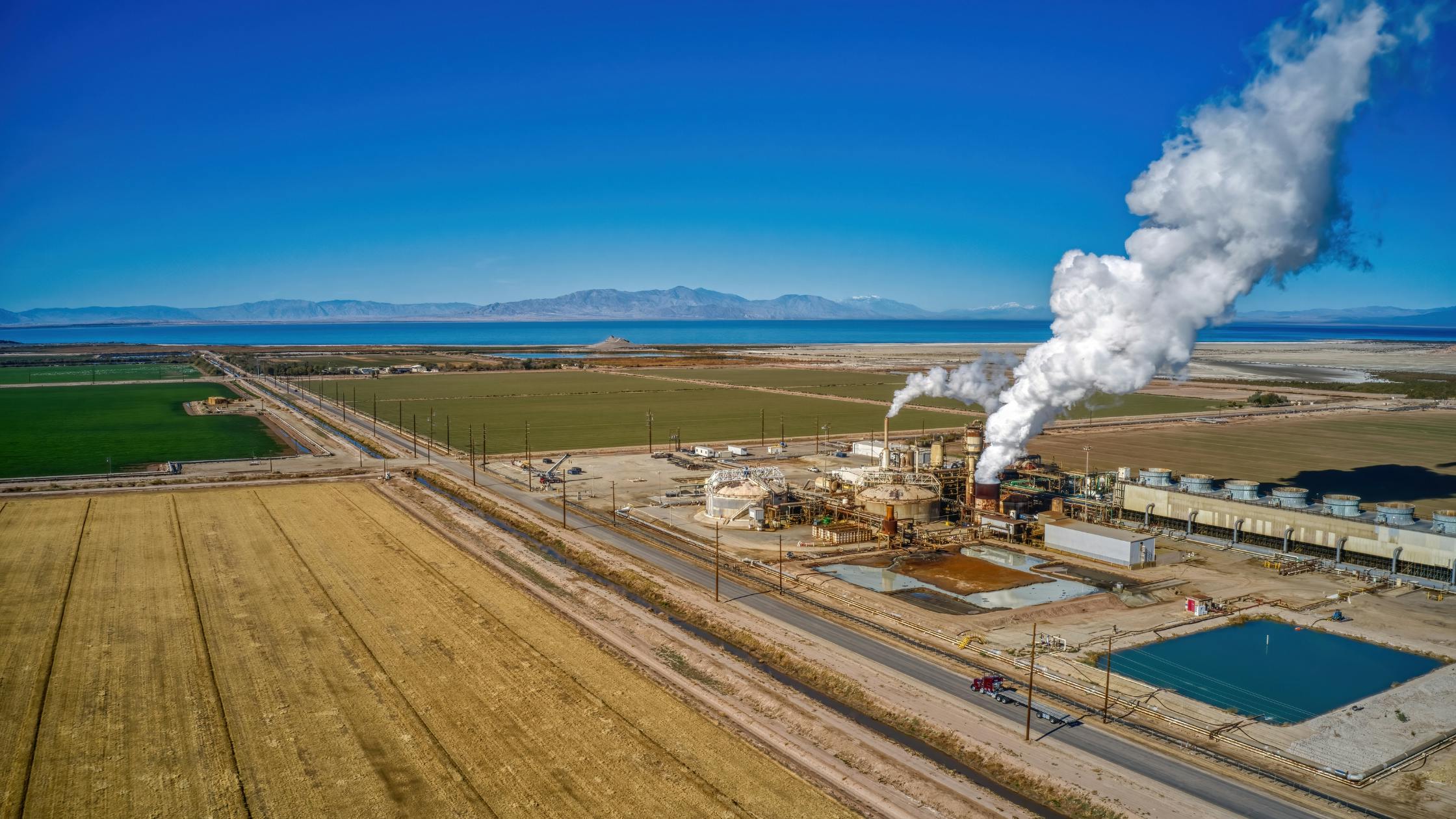The application of technology innovations has the potential to rapidly alter the energy sector, creating myriad opportunities for tech-savvy professionals. Technology investments in the energy industry primarily focus on helping companies make better decisions with data, reduce safety risks and costs, and enhance operational efficiency.
Software Developers
Software developers play crucial roles in the energy industry, contributing to the development and implementation of various software solutions that drive efficiency, optimization, and innovation. Their skills and expertise are instrumental in creating and maintaining software systems that facilitate data management, automation, analytics, and cybersecurity.
For example, energy management systems (EMS) are vital for monitoring, controlling, and optimizing energy generation, distribution, and consumption. Software developers are responsible for designing and developing EMS applications that enable real-time monitoring of energy infrastructure, data analysis, and decision-making. They create intuitive user interfaces and interactive dashboards that provide energy operators with comprehensive insights into energy usage, grid performance, and equipment conditions.
Software developers also integrate advanced analytics algorithms into EMS applications to identify energy efficiency opportunities, predict energy demand, optimize energy generation and distribution, and enable demand response programs. By leveraging their coding skills and domain knowledge, software developers ensure that EMS applications meet the specific needs of energy companies, supporting efficient and sustainable energy management.
Software developers are also actively involved in helping develop energy trading and risk management (ETRM) systems critical for energy trading activities. ETRM systems facilitate the buying, selling, and hedging of energy commodities while managing associated risks.
Software developers collaborate with traders, risk managers, and analysts to understand the complex requirements of the energy trading landscape. They develop algorithms and implement trading strategies to optimize portfolio management, mitigate price volatility risks, and maximize profitability. Additionally, software developers integrate ETRM systems with regulatory compliance frameworks, ensuring adherence to industry regulations and reporting standards.
Data Analytics
Big Data, coupled with machine learning and data visualization tools like Tableau, can reveal patterns, trends, and insights that were previously invisible to companies. Professionals from the technology sector with skills in data science and analytics can help energy companies harness the power of their data. Moreover, skills in data visualization tools like Tableau or Power BI can help transform raw data into understandable, actionable insights.
Often, initial data projects within the energy sector, focus on helping clients organize, clean and structure their data so that it can be made useful. Thereafter, technology professionals can help energy companies develop models to predict energy demand, optimize supply chains, and identify profitable capital investments such as drilling locations, refinery buildouts, or increasing power generation capacities.
Digital Marketing Support and Process Optimization
The energy industry is also ripe for digital marketing support and process optimization. For example, in deregulated energy markets of Texas, Pennsylvania, and New Jersey see customers regularly shopping around for their ideal retail electricity provider (REP).
Competitive pressure to win and retain customers, often entirely through digital channels, makes the retail energy market is a fertile market for digital marketers with deep expertise in the area of buyers journeys, search engine optimization, search engine marketing, and even more design-centric fields such as User Experience Design and Front-end web development.
Similarly, automation experts can also find a home in the same sub-sector as there are opportunities to help streamline and automate back-office processes through robotic process automation (RPA). More sophisticated techniques of improving operations, such as machine learning, can also be instrumental in automating equipment maintenance schedules and reducing operational downtime.
IOT, AI, and Drone Technology
To minimize safety risks, experts with knowledge of Internet of Things (IoT), artificial intelligence (AI), even drone technology can use their cutting edge skills to energy companies operations safer. People with experience in these areas can help energy companies monitor pumpjacks or pipelines remotely, detect facility anomalies, and assess hazardous situations, minimizing the risk to human lives.
For instance, drones and intrinsically safe robots can safely perform inspections in hazardous or hard-to-reach areas, reducing the risk of accidents. Similarly, AI and IoT can monitor systems in real-time, alerting operators of potential issues before they escalate into larger problems. Therefore, professionals with expertise in these areas are in high demand in the energy sector.
Cloud Infrastructure & Cybersecurity
Unlike public clouds, which host services for multiple organizations via services like Azure or AWS, a private cloud system is specifically dedicated to the needs and goals of a single entity, offering more control and customization. This characteristic is particularly beneficial for energy companies that require robust data security and flexible computing capacity.
Professionals with experience in private cloud architectures, particularly those knowledgeable in platforms such as OpenStack or VMware, are greatly valued in the energy sector. They can help energy companies build and manage private clouds, which are tailored to accommodate fluctuating computational and storage needs, while also maintaining the strict security standards required by the energy industry.
Furthermore, with a private cloud, companies can optimize their IT spending. Although initial setup costs can be higher compared to public cloud solutions, a private cloud can lead to significant savings over time due to optimized resource allocation and the ability to scale efficiently. This ensures that energy companies only pay for the resources they use, reducing waste and promoting cost efficiency.
Cybersecurity professionals will also find plenty of opportunities to help energy companies. Because the energy industry is a perfect target for bad actors, their protection is paramount. Cybersecurity professionals play a key role in ensuring the integrity and confidentiality of data and protecting systems from cyber threats.
In conclusion, the energy sector offers vast opportunities for technology professionals to make a significant impact.
Skills in automation, AI, IoT, cloud computing, data science, and cybersecurity, these individuals can help energy companies transform their operations, reducing costs, increasing efficiency, and empowering data-driven decision-making.
As the energy industry continues to evolve, tech-savvy professionals will be at the forefront, helping to steer energy companies towards a more efficient, sustainable, and profitable future.


